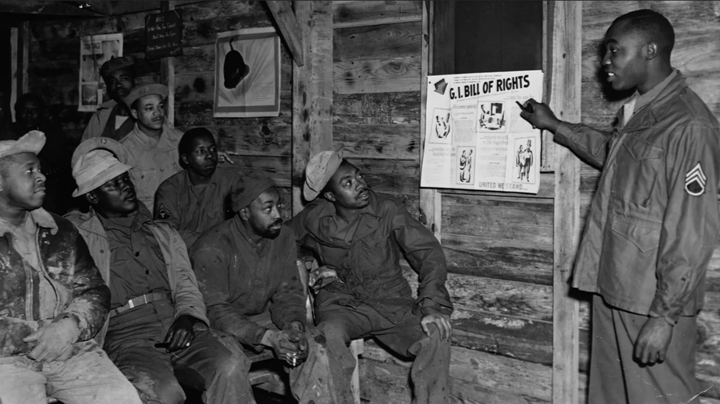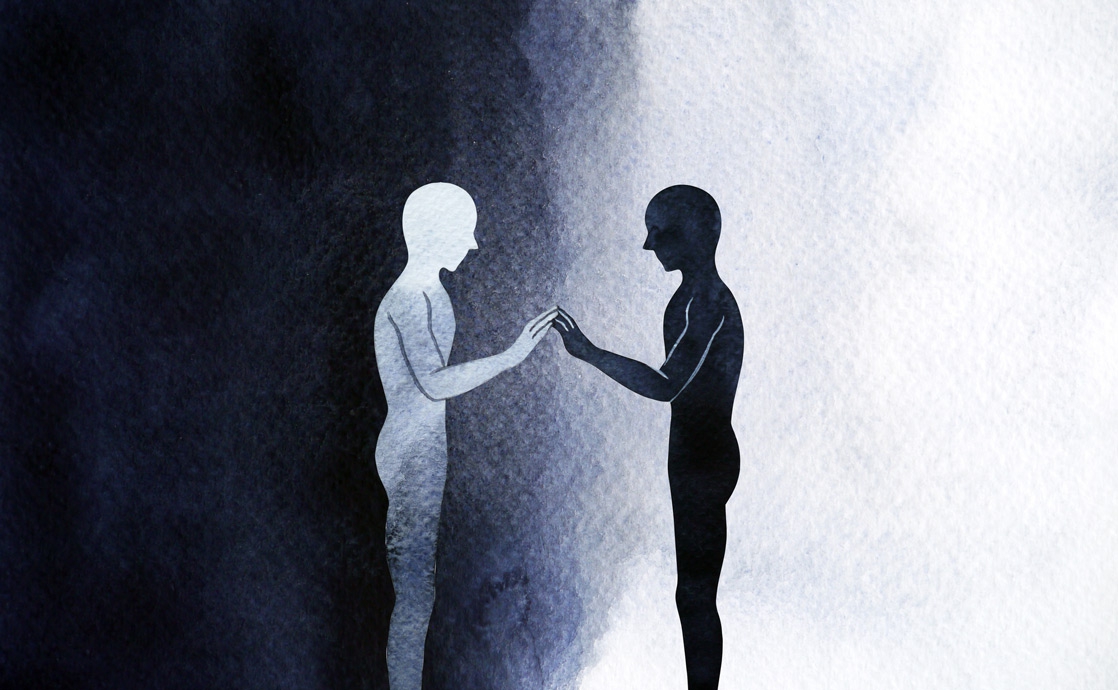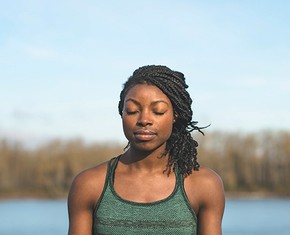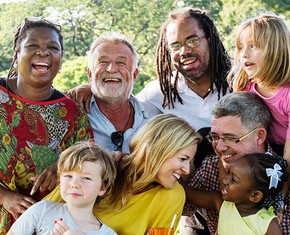The views expressed in our content reflect individual perspectives and do not represent the authoritative views of the Baha'i Faith.
I am a white American woman who has, for most of my life, been oblivious to my white privilege — those benefits that accrue to me simply because of my pale skin.
In the past, I dismissed this privilege, arguing, “My family never ever owned slaves. Racism? Not my fault.”
I was raised in a blue-collar family, yet my parents were homeowners, never renters. We always had more than one car, and we had excellent health care, thanks to my dad’s government job. We were solidly lower middle class, neither wealthy nor privileged. We worked hard, I said, and we didn’t take handouts.
How naïve I have been. My parents’ generation benefited from the G.I. Bill, subsidized mortgages, union membership — all keys to acquiring wealth, education, and property. These were denied to every Black man, even men who served our country. I learned this only recently.

I never worried about being stopped by the police. I have never been followed around in a store or asked what I was doing there. I have never been denied service or asked for proof that I own the car I’m driving.
RELATED: Dismantling the Ladder: Why Anti-Racism Must Go Blue Collar
In a recent podcast, the writer Hilton Als described an encounter with two elderly white women. He was wearing a face mask, as we all do now during the pandemic, and one of the women flinched when she saw him. She was making an effort not to be afraid, he said. But still, in that effort, he felt great sadness because “I wouldn’t be afraid if she came up to me.” He asked, “What is it in the white body that produces that response?”
Listening to Als, I met my own racism.
How many times have I first, if even for a split second, flinched before I caught myself. Yes, I have. A Black man walked through my neighborhood, and I cringed — for that crucial lizard-brain half-second before I relaxed and recognized him. He’s my neighbor!
I was raised to be racist. I can still hear the childish taunts I uttered, hear my long-ago laughter at a racist remark, learned at my father’s knee. Am I past this? Can I ever overcome that training?
RELATED: Committing to Race Unity — Even When Times Get Scary
One day I shared a subway platform in Atlanta, a lone white woman, with a group of Black men who were arguing. Other than the men and me, the station was deserted, and it was late at night. In my mind’s eye that night, I saw a white woman clutch her purse to her chest and back away, moving far down the platform. Am I that woman? I instead shook off that flinch, relaxed my body language, and swung my shoulder bag loosely across one shoulder. I edged closer. When I could hear what they were arguing about, I heard them talking sports. They were comparing players, and they were really funny. When they realized I was eavesdropping, they began to perform for their audience of one. I laughed along with them.
We white people cannot overcome racism without first seeing that the American culture itself is infected. It’s the other pandemic in us.
When I first read the passage below from Shoghi Effendi, the Guardian of the Baha’i Faith, originally written in 1938, I thought that these words were addressed to an earlier America:
As to racial prejudice, the corrosion of which, for well-nigh a century, has bitten into the fiber, and attached the whole structure of American society, it should be regarded as constituting the most vital and challenging issue confronting the Baha’i community at the present stage of its evolution.
Originally, I smugly thought we are long past racism as a challenging issue. How little I knew. We are still in the early stages of our evolution, and if I am to address this most challenging issue of racism, I have to change myself. The President of the local NAACP chapter told me recently that she was tired of explaining to white people what racism is and how it affects her and her family. She told me to read! So I’m reading.
RELATED: Anti-Racism Is Not a Book List. It’s a Way of Life
So let’s all do that, let’s read, to learn what racism is and has been, how it informs American institutions and policies. Let’s read about the Reconstruction period in our history and about Jim Crow, about mass incarceration and how it disproportionally affects communities of color. Read books and essays by Michelle Alexander and Ibram X. Kendi, read James Baldwin, Toni Morrison, Angela Davis. Read Ta-Nehisi Coates and Jelani Cobb. For an antidote to prejudice and racial superiority, read the Baha’i writings, which offer us all a vision of an equitable, hate-free future and the promise of the unity of humankind.
From reading to understanding to action, we can learn to stop flinching and become true allies. Together, we can forge a path to racial justice.
















Comments
Sign in or create an account
Continue with Googleor